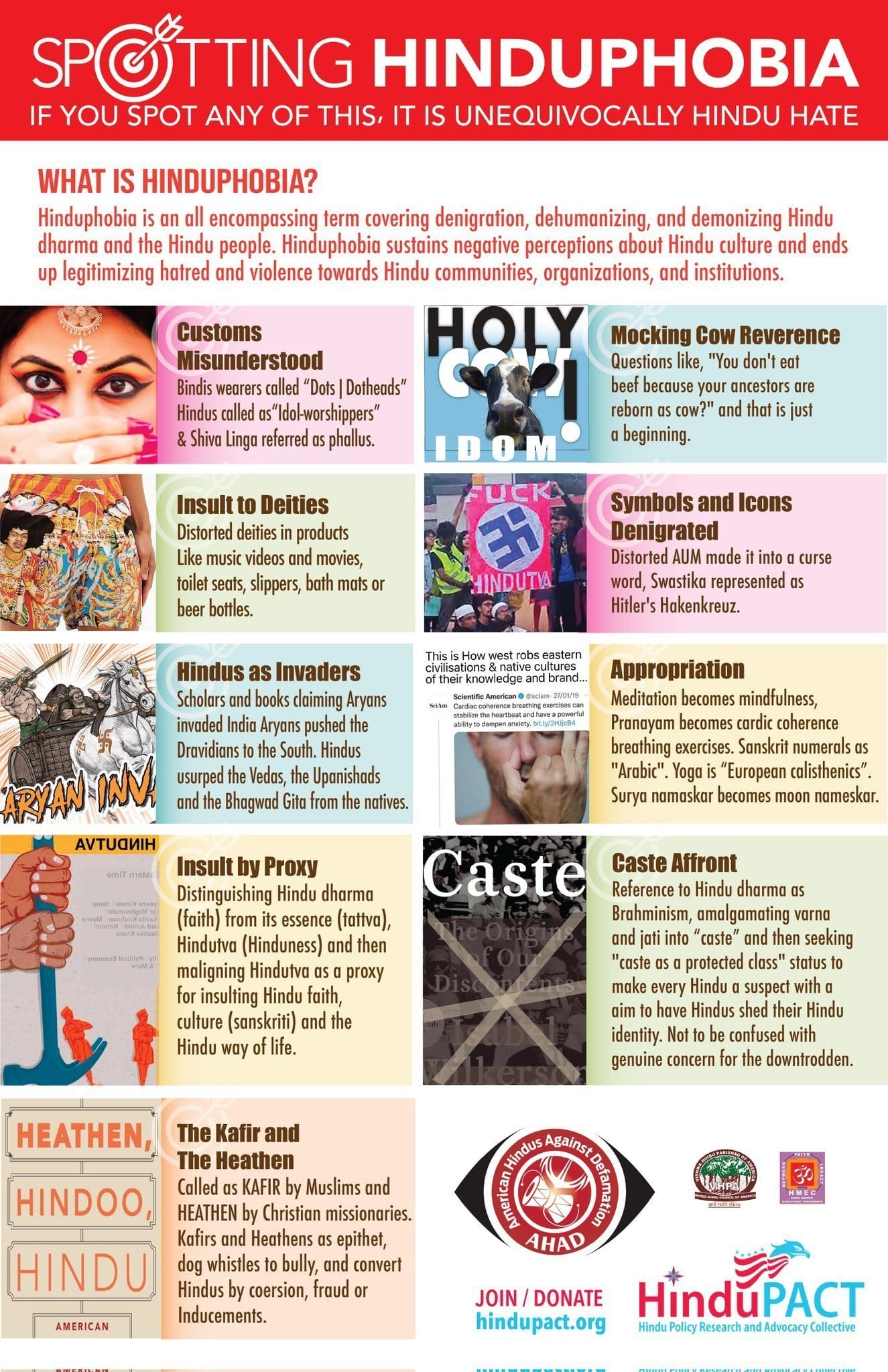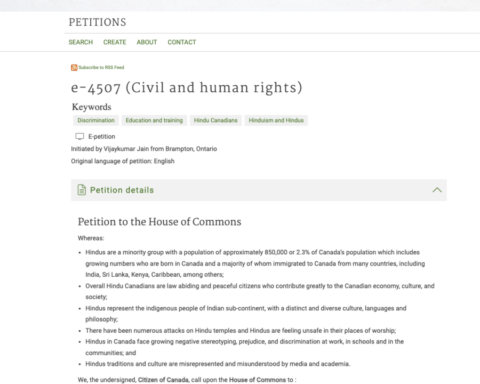Canadian Hindu organizations are intensifying their push for the House of Commons to develop legislation and pass a law that recognizes Hinduphobia, defines it as anti-Hindu sentiment, and funds education to combat it.
Hinduphobia petition e-4507 was launched in July by Vijaykumar Jain, a director with the Canadian Organization for Hindu Heritage Education. It has received more than 23,700 signatures so far.
Advocates for developing and passing a bill against Hinduphobia say that actions against Hindus in Canada have intensified during the current diplomatic crisis between India and Canada.
Prime Minister Trudeau stated in Parliament earlier this month that Canadian security agencies have been investigating claims of a possible connection between agents of the Government of India and the June 18 murder of Hardeep Singh Nijjar. Nijjar was a Canadian citizen, and Sikhs considered him a leader and supporter of the Khalistan movement.
EXPLAINER: Unpacking the escalating diplomatic crisis between Canada and India
“We are deeply troubled that these statements have empowered and emboldened the Khalistani extremists to put out public statements on social media threatening Hindus,” said a letter from the Hindu Federation signed by Pandit Roopnauth Sharma.
“As a direct result of such threats, Hindus are feeling traumatized in their daily lives, and women and children are feeling unsafe in their homes and public places.”
In a video that is being shared on social media, Gurpatwant Singh Pannun, the general counsel of Sikhs For Justice, asks Hindus to leave Canada.
What is Hinduphobia?
The Hindu organizations working on the petition assert that the Hinduphobia petition addresses anything that denigrates, dehumanizes or demonizes Hindus and the Hindu religion.
Ragini Sharma, president of the Canadian Organization for Hindu Heritage Education, says she regularly receives calls and emails from Hindus who face ridicule about wearing a bindi.
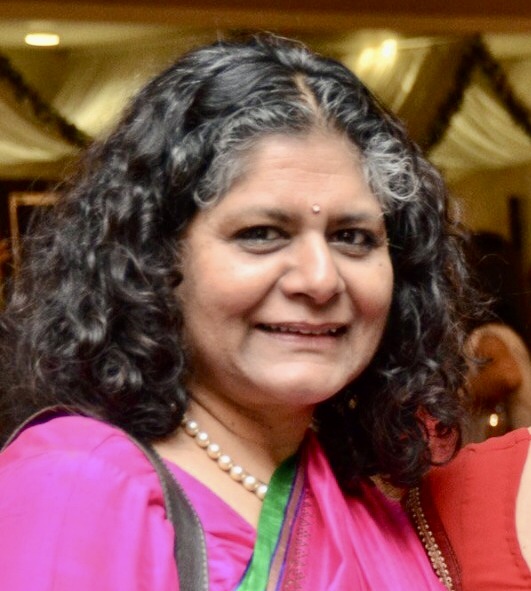
The decorative and symbolic dot is worn on the forehead in South Asian cultures, often representing cultural heritage or spirituality; it is also used as a fashion accessory. She says that Hindu children in school are being bullied for their faith. Many parents report that their children are being told they will go to hell because they are Hindu and the children are being asked to convert to another faith, she said.
In addition to advocating for a federal bill against Hinduphobia, the Hindu heritage organization has been opposing a caste motion passed at the Toronto District School Board in March 2023.
“We opposed the TDSB motion’s plan of implementation that included teaching all students and staff in schools the lie that Hindu faith explicitly teaches to oppress others,” Sharma said.
“The motion singles out and ethnically profiles South Asians and Caribbean [nationals] and in particular targets Hindus as inherently bigoted and therefore needing extra policing. To suggest that Canadian Hindus of Indian or Caribbean origin are inherently bigoted, that they are especially prone to bringing along their biases from the old country to Canada, is deeply racist and Hinduphobic.”
Meanwhile, anti-caste groups in Canada have publicly opposed the petition and the desire to develop it into a bill. “I’m unsure of their intent in pushing for this petition, but it directly affects our Dalit Adivasi caste-oppressed communities due to the historical connection between caste discrimination and religion,” said Vijay Puli, a Toronto-based social worker and executive director of the South Asian Dalit Adivasi Network.
“To put it plainly, if someone were to advocate for a ‘Whitephobia’ bill while claiming it doesn’t affect racial or Indigenous concerns, would that truly hold any logical ground?”
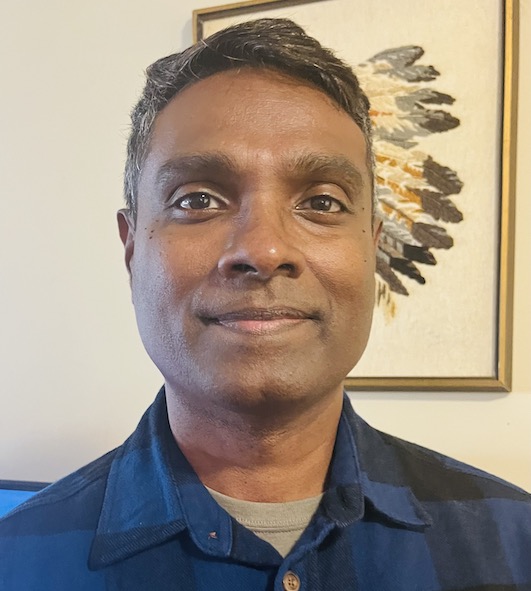
The network is a non-profit organization of Dalit, Adivasi and other lower caste people in Canada. It has issued a public statement opposing the petition.
The caste system is an ancient, rigid South Asian hierarchical system that separates people into different social groups based on birth. A person’s caste can be identified by their last name, family background, food habits, occupation or racial profile. People who are considered to be in lower castes have historically been relegated to menial jobs and have a lesser social status.
Among South Asians, there are four different caste hierarchies: Brahmins, Kshatriyas, Vaishyas, and Shudras. Those outside of these castes were formerly treated as untouchables and called Dalits. This discriminatory practice is banned in India, but continues in many parts of the country. While majority agree that caste system has its origin in Hinduism, Sharma has consistently objected linking caste system to Hinduism.
The need for a Hinduphobia bill
The Hindu organizations advocating for the bill claim there are no reporting mechanisms for Hinduphobia.
“Right now it gets reported as bullying if it happens in schools, but if Hinduphobia is defined, it will be reported correctly. When Hindu temples are attacked (see table below) the police are calling it vandalism, but those are all hate crimes,” said Vijaykumar Jain, the director of the Hindu heritage organization who launched the Hinduphobia petition for the organization.
“There is no such thing as caste oppression,” Jain said.
“I haven’t seen anybody being denied entry into a temple or to perform a puja or to consume the food in the temple because of caste. Nobody asks anybody about their caste here. I’m a vegetarian because I’m a compassionate person, and I don’t eat animals.”
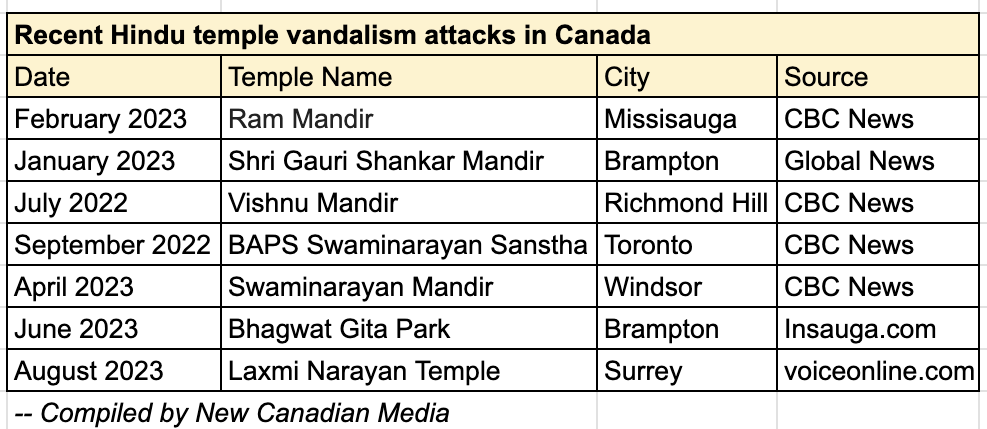
To view source articles on the above temple attacks click on this table

Shilpashree Jagannathan
Shilpashree Jagannathan is a journalist from India. She now lives in Toronto and has worked as a business reporter for leading newspapers in India. She has tracked telecom, infrastructure, and real estate news developments and has produced podcast series. She currently focuses on human rights, feminist movements, and other related issues in Canada and India. Her weekends are spent bird watching in one of the Toronto birding hotspots; she loves trails, biking, and a lot of sun.

